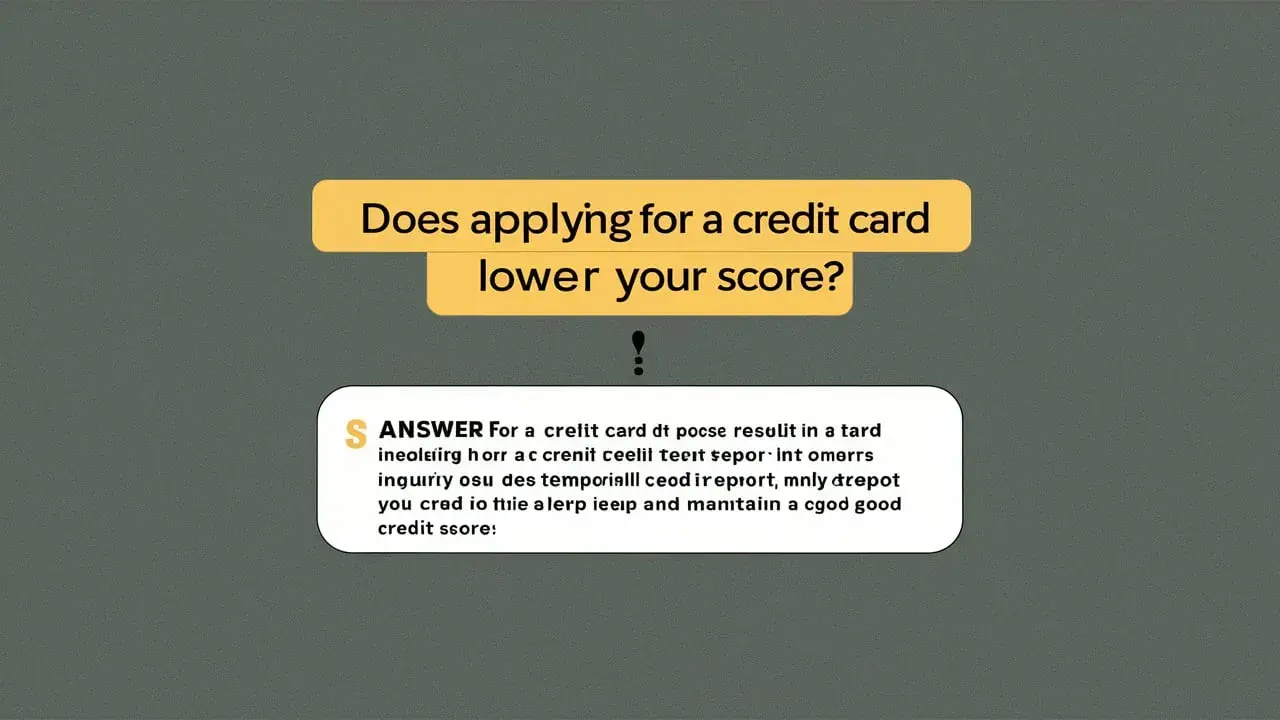-
Posted on: 15 Jul 2024

-
Dealing with debt can be stressful. One common question that arises is: "How long does a debt stay around?" While debt doesn't simply vanish into thin air, there's a legal limit on how long creditors and debt collectors can sue you to recover it. This legal limit is known as the statute of limitations.
What is the Statute of Limitations on Debt?
The statute of limitations is a law that sets a deadline for initiating legal proceedings. After this period expires, a creditor or debt collector generally loses the right to sue you in court to recover the debt. It's important to understand that the statute of limitations doesn't eliminate the debt itself; it just limits the creditor's ability to take legal action against you.
This means the debt still exists and may still be reported on your credit report (though the impact diminishes over time), and creditors can still attempt to collect the debt, even if they can't sue you. They just can't get a court order to force you to pay.
Why Does the Statute of Limitations Exist?
The statute of limitations exists for several reasons:
- Fairness to Debtors: It protects debtors from being pursued for very old debts, where records may be lost or memories faded, making it difficult to defend themselves.
- Encouraging Timely Action: It encourages creditors to pursue debts promptly. The law favors diligent pursuit of claims.
- Reducing Legal Clutter: It helps prevent stale claims from clogging up the court system.
- Promoting Stability: It provides a degree of certainty and predictability regarding legal obligations.
Varying Statutes of Limitations by State and Debt Type
The length of the statute of limitations varies significantly depending on the state and the type of debt. It's crucial to understand the specific laws in your state to accurately determine when a debt becomes potentially uncollectible through legal means.
Debt Type Matters
Here's a general overview of common debt types and their typical statute of limitations (keep in mind that this is not legal advice and varies by state, so you must check your local laws):
- Credit Card Debt: Often governed by the statute of limitations on written contracts (often 3-6 years), or sometimes the statute of limitations on open accounts (which may differ).
- Medical Debt: Usually falls under the statute of limitations for contracts or open accounts, similar to credit card debt.
- Personal Loans: Typically covered by the statute of limitations for written contracts.
- Auto Loans: Typically covered by the statute of limitations for written contracts. However, secured debts (like auto loans) are often treated differently. While the creditor may not be able to sue for the deficiency balance *after* repossessing the vehicle after the statute of limitations expires, they can still repossess the vehicle if you default on the loan. The statute of limitations generally applies to the *deficiency balance* (the amount owed after the vehicle is sold at auction minus what you owed).
- Mortgage Debt: Has a longer statute of limitations than other debts, often 5-10 years or more, as it involves real property. Also, the statute of limitations typically only applies to the right to sue to *foreclose* on the property.
- Student Loans (Federal): Generally, there is *no* statute of limitations on federal student loans. The government can pursue collection indefinitely.
- Student Loans (Private): Private student loans are typically subject to the statute of limitations on contracts.
State-by-State Variations
The following are some *examples* of statute of limitations for *written contracts* in various states. This list is for informational purposes only and should not be considered legal advice. Always consult with an attorney in your state to get accurate information. Always verify the information with your state's official legal resources as laws can change.
- California: 4 years
- New York: 6 years
- Texas: 4 years
- Florida: 5 years
- Illinois: 10 years (written contracts); 5 years (oral contracts)
- Pennsylvania: 4 years
- Ohio: 15 years (written contracts); 6 years (oral contracts)
- Georgia: 6 years
- Michigan: 6 years
Important Note: These are just examples, and the specific statute of limitations depends on the debt type and your state. You *must* research the law in your state, or consult with a legal professional to determine the applicable statute of limitations.
When Does the Statute of Limitations Begin?
Determining the starting point for the statute of limitations is crucial. Generally, it begins to run from the date of the last activity on the account – usually the date of your last payment or acknowledgment of the debt. However, this can be complicated, and sometimes the creditor will argue it starts from the date of default (when you first missed a payment).
Actions That Can Restart (or "Re-age") the Statute of Limitations
Be extremely cautious about certain actions that can restart or "re-age" the statute of limitations on a debt. These actions essentially reset the clock, giving the creditor more time to pursue legal action.
Common Re-Aging Actions:
- Making a Payment: Even a small payment can restart the statute of limitations in many states.
- Acknowledging the Debt in Writing: If you acknowledge the debt in writing, such as in an email or letter, it can restart the clock. This includes admitting the debt is yours and that you owe it.
- Entering Into a Payment Arrangement: Agreeing to a payment plan, even without making a payment, could be construed as an acknowledgement and restart the statute of limitations in some jurisdictions.
Important Warning: Debt collectors may try to trick you into taking actions that restart the statute of limitations. Be very careful about what you say and do when communicating with them. Never admit to owing a debt unless you are absolutely certain it is valid, accurate, and within the statute of limitations.
What Happens When the Statute of Limitations Expires?
Once the statute of limitations expires, the creditor typically loses the legal right to sue you to recover the debt. However, this does NOT mean the debt disappears. Here's what can still happen:
- Continued Collection Attempts: Debt collectors can still contact you and attempt to collect the debt voluntarily. They may offer settlement options or try to convince you to pay.
- Credit Report Impact: The debt may still appear on your credit report, although its negative impact will lessen over time. Most negative information (including collections accounts) is removed from your credit report after 7 years.
- Potential for Lawsuit (Illegally): Although illegal, some unscrupulous debt collectors might still try to sue you, hoping you won't know your rights or won't show up in court. If you are sued for a time-barred debt, you *must* appear in court and raise the statute of limitations as a defense. If you don't, the court can enter a judgment against you.
Protecting Yourself When Dealing with Old Debts
Here are some tips for protecting yourself when dealing with old debts:
- Know Your Rights: Understand the Fair Debt Collection Practices Act (FDCPA), which protects you from abusive debt collection practices.
- Document Everything: Keep records of all communication with debt collectors, including dates, names, and details of the conversation.
- Verify the Debt: If a debt collector contacts you, demand written verification of the debt, including the original creditor, the amount owed, and proof that you owe the debt.
- Don't Acknowledge the Debt Unnecessarily: Be careful not to acknowledge the debt in writing or make any payments that could restart the statute of limitations unless you're sure it's valid and you intend to pay it.
- Seek Legal Advice: If you're unsure about your rights or facing aggressive debt collection tactics, consult with a consumer law attorney.
- Consider Debt Relief Options: Explore options like debt management, debt settlement, or bankruptcy if you're struggling with overwhelming debt.
Dealing with Debt Collectors and the Statute of Limitations
Debt collectors sometimes purchase old debts for pennies on the dollar. They may aggressively pursue these debts, even if they are past the statute of limitations. It's crucial to know your rights and how to respond effectively.
Key Strategies:
- Send a Cease and Desist Letter: If a debt collector is harassing you, you can send a "cease and desist" letter demanding that they stop contacting you. While this won't eliminate the debt, it can stop the harassment.
- Assert the Statute of Limitations: If a debt collector sues you for a time-barred debt, be sure to raise the statute of limitations as a defense in court. You'll need to appear in court and present evidence.
- File a Complaint: If a debt collector violates the FDCPA or engages in abusive practices, you can file a complaint with the Consumer Financial Protection Bureau (CFPB) or your state attorney general.
Beyond the Statute of Limitations: Credit Reporting
Even if a debt is beyond the statute of limitations, it can still affect your credit report. Most negative information, including collection accounts, stays on your credit report for approximately seven years from the date of the original delinquency. After seven years, it should be automatically removed. Review your credit reports regularly from AnnualCreditReport.com to check for inaccurate or outdated information.
Conclusion
Understanding the statute of limitations on debt is essential for protecting your financial well-being. While the laws vary by state and debt type, knowing your rights and taking proactive steps can help you navigate debt collection situations effectively. Remember to verify the debt, avoid actions that could restart the statute of limitations, and seek legal advice if needed. Don't let debt collectors intimidate you; empower yourself with knowledge and take control of your financial future.











